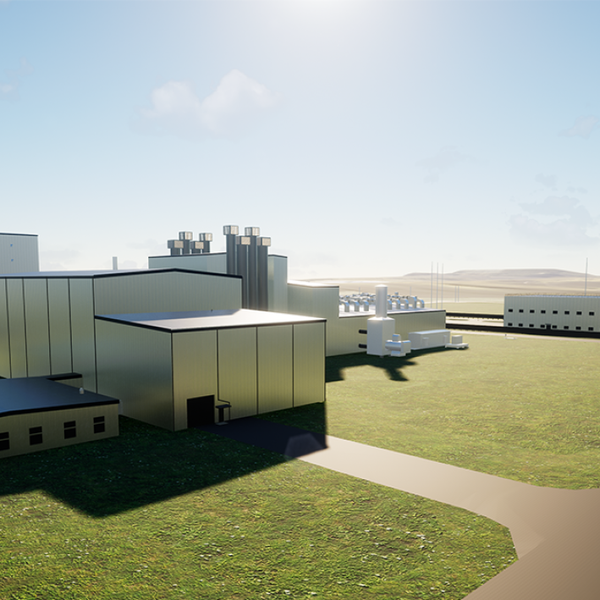Revealing the still precarious conditions at the Fukushima nuclear power plant in Japan, a power outage on Monday night has left storage pools for radioactive materials without working cooling pumps, the plant's owner TEPCO announced.
If the level of the water drops below a safe threshold, the exposed fuel rods could release radioactivity or risk further damage to the plant.
As the New York Times reports:
The company, known as Tepco, said the current loss of cooling water was manageable because temperatures would remain at safe levels for at least four days, and the plant also has backup systems.
Still, the problems underscore the continuing vulnerability of the plant, which is beginning a complex cleanup of the three damaged reactors that is expected to take decades. Some experts have warned that the current cooling systems, some of which were hastily built by engineers frantically struggling to regain control of the overheating reactors, could be knocked out by another large earthquake.
Much of the ongoing concern has focused on the pools near the reactors that are used to store spent fuel rods. These contain far more radioactive material and have less shielding from the outside than the reactors, raising the specter of another massive release of contaminated particles.
Subsequently, however, the BBC reported:
Cooling systems to spent fuel ponds at Japan's Fukushima nuclear plant have been partially restored after a power failure, operator Tepco says.
The outage hit ponds at reactors 1, 3 and 4, although cooling to the reactors themselves was not affected.
Cooling had been restored to the pool at reactor 1, with cooling at the reactor 3 and 4 pools expected to resume on Tuesday evening, Tepco said.
________________________________


